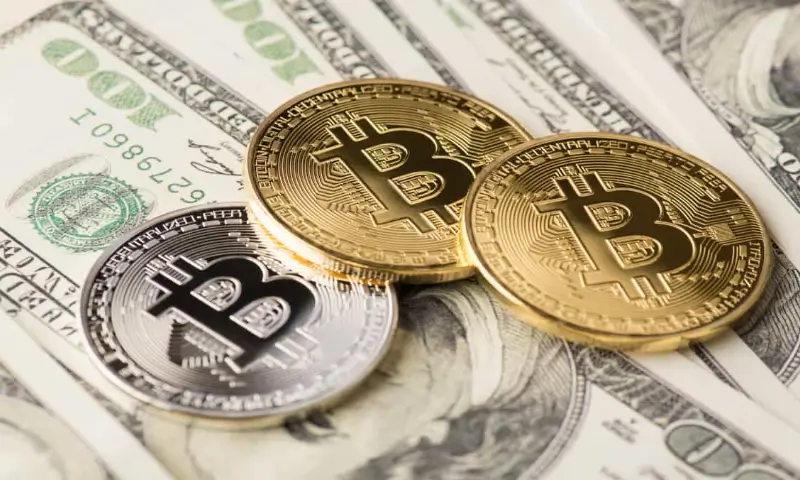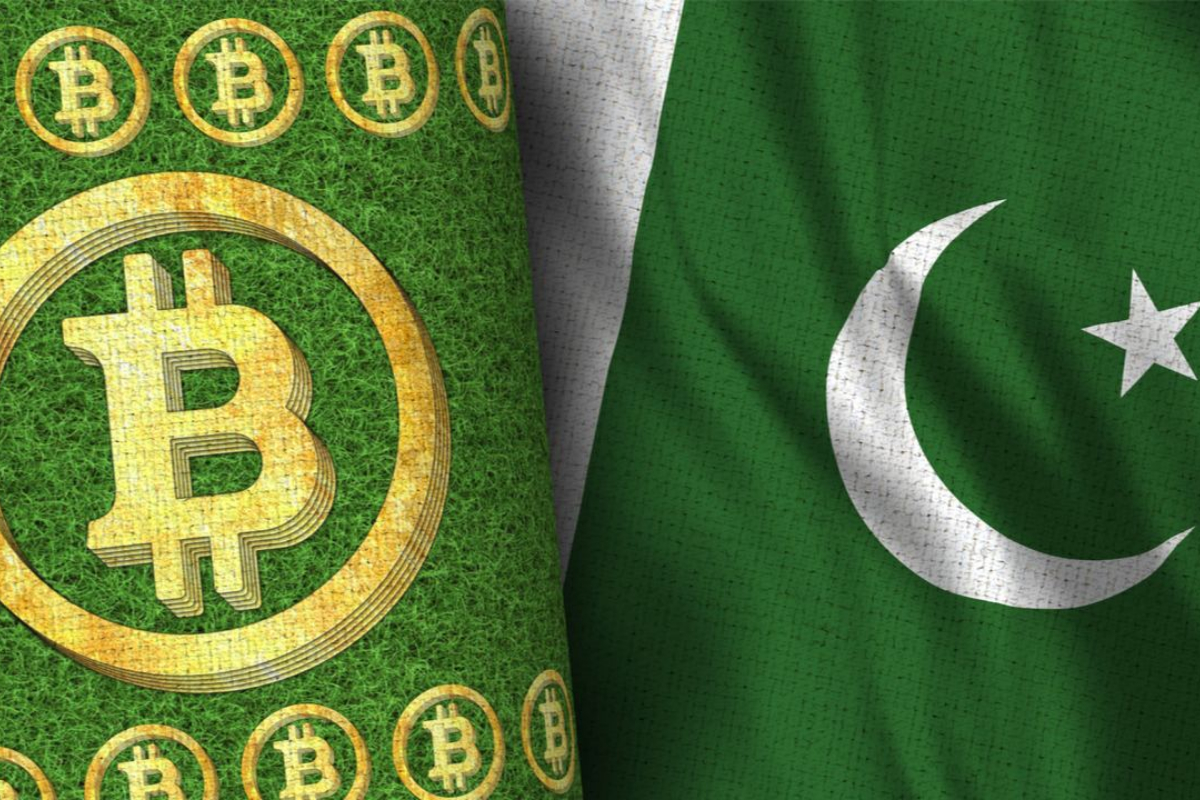The draw of making a fast buck has generally drawn in youngsters to put resources into unsafe resources. For Generation Z, it is the unpredictability – and the decentralized nature – of computerized resources, for example, cryptographic money and NFTs which requests. However, they are unregulated, significance there is little financial backer assurance.
“Every one of my companions were discussing [cryptocurrency] so on one occasion I just chose why not simply bounce in and check whether I can bring in some cash,” says 20-year-old Paxton See Tow.
All he really wanted was his telephone and exchanging huge number of dollars of resources was just a tick away.
Age Z – otherwise called Zoomers – are the age bunch brought into the world between the mid-1990s to mid 2000s. They grew up internet, messing around and meeting companions practically, so the progress is regular.
Cryptographic forms of money are computerized monetary standards while a “non-fungible token” (NFT) is an approach to claiming a unique advanced picture, promoted as the computerized reply to collectables.
A little more than a year prior, Paxton purchased S$1,000 ($743; £739) worth of Bitcoin – one of the most famous cryptographic forms of money – which parted with him a 10% benefit straight. He chose to fourfold his portfolio. However at that point the cost fell.
“There’s generally the platitude ‘purchase low, sell high’ yet I did the direct inverse. I let my feelings get the better of me,” he says.
He had lost 1,000 bucks, on top of all the cash he had contributed, before he could haul his cash out and re-strategise.
For another, more established merchant, Kelvin Kong, the misfortune was a lot greater. In the wake of making six figures in 2017, he lost the greater part 1,000,000 bucks the next year.
“I lost everything,” he says. “I thought I was the lord of exchanging and my head got huge so I figured nothing could cut me down and I continued to purchase,” he says.
Eventually, he just had two or three hundred bucks left in his financial balance.
“I think I nearly went into melancholy. I had self-destructive considerations.”
The blast in crypto and NFTs exchanging among youngsters concerns him.
“A ton of them will lose cash toward the day’s end,” he adds.
However, wake up calls of individuals losing gigantic measures of cash don’t appear to prevent youthful dealers.
For some, the principal taste of advanced resources are through “play-to-acquire games” which reward players with NFTs and digital forms of money that can then be utilized inside the actual game, or exchanged for cash.
“Each youngster needs to bring in cash messing around,” says a 23-year-old dealer in Malaysia who goes by the name of YellowPanther. “That is the fantasy of my age.”
A month after he began exchanging NFTs last August, he chose to leave his place of employment as an advertising leader to exchange them full time.
“The normal everyday employment consumed a large chunk of the day – eight to nine hours per day – and the compensation was very low. I saw a major an open door in the [NFT] space and I went out on a limb,” he says.
YellowPanther presently works with 29-year-old Resh Chandran, who offers preparing in regular stocks, digital currency and NFT exchanging Singapore.
Utilizing Axie Infinity, one of the most well known “play-to-acquire games”, Mr Chandran acquaints financial backers with for the most part Filipino gamers who play for their sake for a charge.
However, he cautions the space is a “wild west”.
The pandemic has just sped up this developing pattern of youngsters exchanging crypto and NFTs.
“There was a super degree of unpredictability in the commercial center so whenever you have instability you additionally have a valuable open door on the lookout,” says Lily Fang, a teacher of money at INSEAD business college.
“Youngsters were at home and it’s very nearly a gamification of exchanging. These variables made an ideal condition for this to take off.”
For some youthful wannabe merchants, exhortation is promptly accessible on stages like YouTube, Twitter and Reddit.
Brian Jung, 23, flaunts 1,000,000 YouTube adherents yet contrasted with other crypto powerhouses, he is known to discuss the dangers.
“I truly need to ensure I’m cautious about what I share with my crowd in light of the fact that the last thing I need is for individuals to get injured from these kinds of recordings,” he tells the BBC.
Brian’s family emigrated from South Korea to the US and he accepts his experience influences how he puts away and discusses cash.
“Our family generally battled monetarily so I generally have this parsimonious mentality,” he says.
“My mum actually works at the US Post Office and my father works in a stockroom so I know one hour of their time is as yet identical to dollar esteem. I see what that is worth, paying little mind to how much pay that I’m getting at present.”
Acquiring independence from the rat race likewise pulled in 22-year-old Jowella Lim – an uncommon female broker – to the crypto world.
Yet, as well as the chances to bring in cash, Jowella appreciates being at the front line of this new innovation.
As state run administrations all over the planet hope to control the business, she accepts they will help legitimize crypto and NFTs.
“Controllers need to ultimately think twice about understand that this is a tech they can’t disregard, particularly when it’s continually infiltrating this general public,” she adds.
Beside monetary misfortunes, another huge risk is enslavement.
“The crypto market never dozes so individuals actually in a real sense get sucked into it,” says Mr Chamdran.
Andy Leach, a habit advisor in Singapore, says he has seen a leap in youthful – especially male – clients getting dependent on the adventure of exchanging crypto and NFTs.
“You can watch Bitcoin going all over and essentially this interaction, this rollercoaster ride, the highs, the lows, it’s accessible on your telephone all day, every day,” he says.
In spite of losing cash in the crypto market previously, both Paxton and Kelvin are back exchanging in the wake of concentrating on it more intently.
I inquired as to whether he figures he might be dependent. “You can put it that way,” he grins. “Be that as it may, I would call it energy.”




















